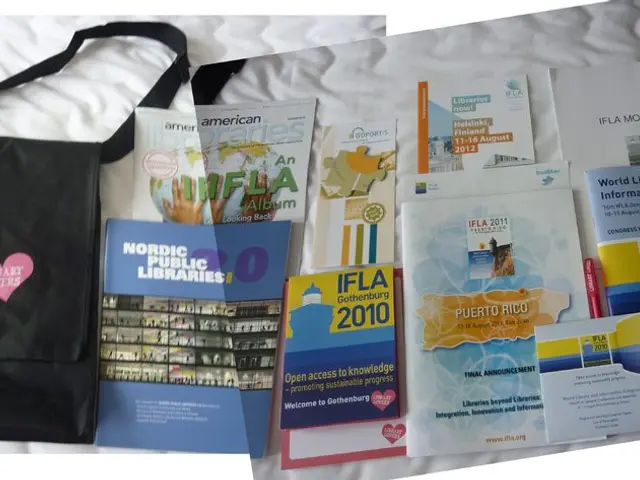Evolutionary Currents: Nigerian Financial Institutions Adopt Domestic Card Schemes in Response to Evolving Consumer Habits
In the pre-pandemic era, Nigerian fintech companies relied on a customer acquisition strategy that involved offering foreign debit cards. However, the COVID-19 pandemic brought about significant changes, altering the dynamic of card payments in Nigeria. The shift towards bank transfers became more prevalent, a trend that continues to this day.
The current cost of living crisis in Nigeria has led to a decrease in interchange fees, posing a challenge for fintechs that rely on high transaction volumes to break even with card operations. To combat this, the Central Bank of Nigeria launched Afrigo, a local card scheme, as a cost-saving measure for banks.
Chinese-backed fintech OPay and Moniepoint have also joined the trend, issuing 13 million and 4 million Verve cards, respectively. Verve, a card scheme operated by Nigerian payments unicorn Interswitch, has been widely adopted by Nigerian commercial banks. First Bank, the country's oldest bank, has issued Verve cards to over half of its card customers. Today, nearly all Nigerian commercial banks, with the exception of Guaranty Trust Holding Company (GTCO), have embraced Verve.
The naira's devaluation has made switching from international card schemes like Visa and Mastercard more appealing, as their fees are charged in USD. Despite significant investments from Mastercard and Visa in Africa's fintech industry, the complexities and requirements of international card schemes have driven the popularity of local alternatives like Verve and Afrigo.
Bank transfers offer better margins compared to card payments due to the elimination of multiple processors involved in card transactions. In response to the growing preference for bank transfers over card payments, fintech companies like Paystack, owned by Stripe, have launched pay-by-transfer products.
The adaptability of the financial sector in Nigeria is highlighted by its response to evolving market dynamics. The changing landscape of card payments in Nigeria reflects broader shifts in consumer behavior and economic conditions. While many customers may remain indifferent to the switch as long as cards function at stores, restaurants, and POS terminals, the trend towards local alternatives shows no signs of slowing down.
Card operations require significant scale to become profitable, considering factors such as logistics, manufacturing, technology, regulatory costs, and fraud risks. Financial institutions must meet stringent requirements to use international card schemes like Visa and Mastercard, including monthly implementation charges, offshore account maintenance, annual contract renewals, and substantial collateral deposits.
In recent years, Nigeria's banking landscape has undergone a significant transformation, with banks increasingly adopting local card schemes like Verve. This shift towards local alternatives is a testament to the resilience and adaptability of Nigeria's financial sector in the face of changing market dynamics. The future of digital payments in Nigeria promises to be an exciting one, with continued innovation and adaptation to meet the needs of its growing economy.
Read also:
- EPA Administrator Zeldin travels to Iowa, reveals fresh EPA DEF guidelines, attends State Fair, commemorates One Big Beautiful Bill
- Musk announces intention to sue Apple for overlooking X and Grok in the top app listings
- Cybertruck's Disappointing Setback, Musk's New Policy, Mega-Pack Triumphs, Model Y's Anticipated Upgrade Prior to Refresh (Week of January 25 for Tesla)
- Innovative Company ILiAD Technologies Introduces ILiAD+: Boosting Direct Lithium Extraction Technology's Efficiency Substantially







